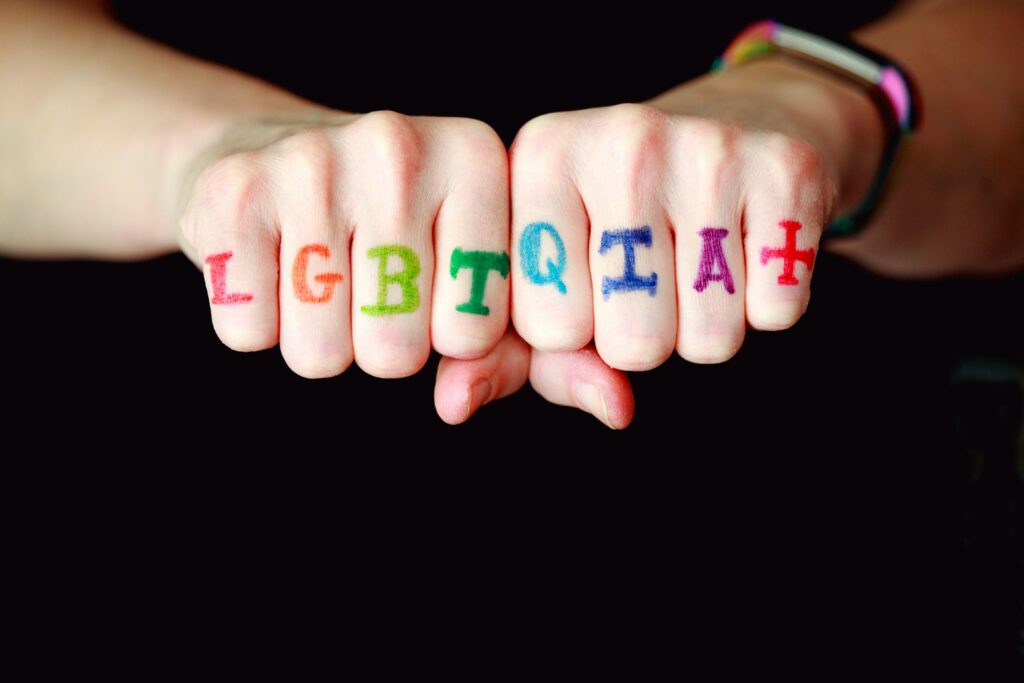Affirmative Therapy Techniques: Creating Inclusive Spaces for LGBTQIA+ Clients
January 25th, 2024
Affirmative therapy is an approach that focuses on creating a supportive and validating environment for individuals belonging to diverse communities, including the LGBTQIA+ community.
Cultural and Inclusive Competence
Affirmative therapists begin by developing cultural competence and gaining knowledge about the diverse identities within the LGBTQIA+ spectrum.
This includes understanding different sexual orientations, gender identities, and the challenges faced by individuals across the spectrum. Cultural competence lays the foundation for a therapist to provide effective and sensitive support.
And within understanding the spectrum of identities, it’s important to know that language plays a crucial role in therapy. Affirmative therapists use inclusive and gender-neutral language to create a safe and welcoming space for LGBTQIA+ clients. This involves using appropriate pronouns, avoiding assumptions about relationships, and being mindful of heteronormative language that may not resonate with clients.
Affirmation and Validation of Identity
Affirmation and validation are powerful tools in affirmative therapy.
Recognizing and affirming an individual’s gender identity and sexual orientation helps clients feel seen and accepted. Validating their experiences, whether positive or challenging, fosters a sense of trust and openness within the therapeutic relationship.
Additionally, affirmative therapy encourages LGBTQIA+ clients to explore and express their identities authentically. This involves discussing topics such as coming out, self-discovery, and the impact of societal expectations on their sense of self. Therapists facilitate a space where clients can navigate their unique journeys without judgment.
Addressing Minority Stress
LGBTQIA+ individuals may face minority stress due to societal discrimination and prejudice.
Therefore, affirmative therapy focuses on addressing these stressors and developing coping mechanisms. This may involve discussing the impact of discrimination on mental health, exploring resilience, and building strategies to navigate challenging environments.
Family and Relationship Dynamics
Family can be a complicated thing for many within the LGBTQIA+ community.
Affirmative therapists recognize the significance of family and relationship dynamics within the LGBTQIA+ community. Sessions may involve discussions about family acceptance, relationship challenges, and the unique experiences of LGBTQIA+ individuals in various cultural contexts.
Trauma-Informed Care
Many LGBTQIA+ individuals may have experienced trauma related to their identities.
In an affirmative therapy approach through a trauma-informed lens, it’s important to create a safe space for clients to explore and process any past traumatic experiences. This may involve integrating techniques such as EMDR (Eye Movement Desensitization and Reprocessing) or narrative therapy.
Final Thoughts
Affirmative therapy techniques for LGBTQIA+ clients prioritize understanding, validation, and empowerment.
Creating inclusive spaces that honor diverse identities and experiences is important, making the therapist’s role crucial within the LGBTQIA+ community. Through continued education, cultural competence, and a commitment to affirming practices, therapists can play a vital role in supporting their clients on their journey toward self-discovery and personal growth.
Contact Psychological Preventative Health to schedule a session today.



